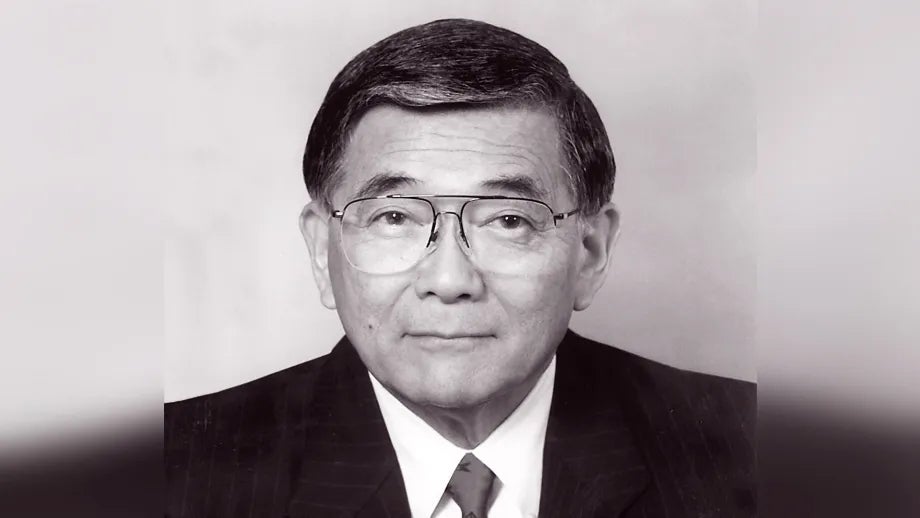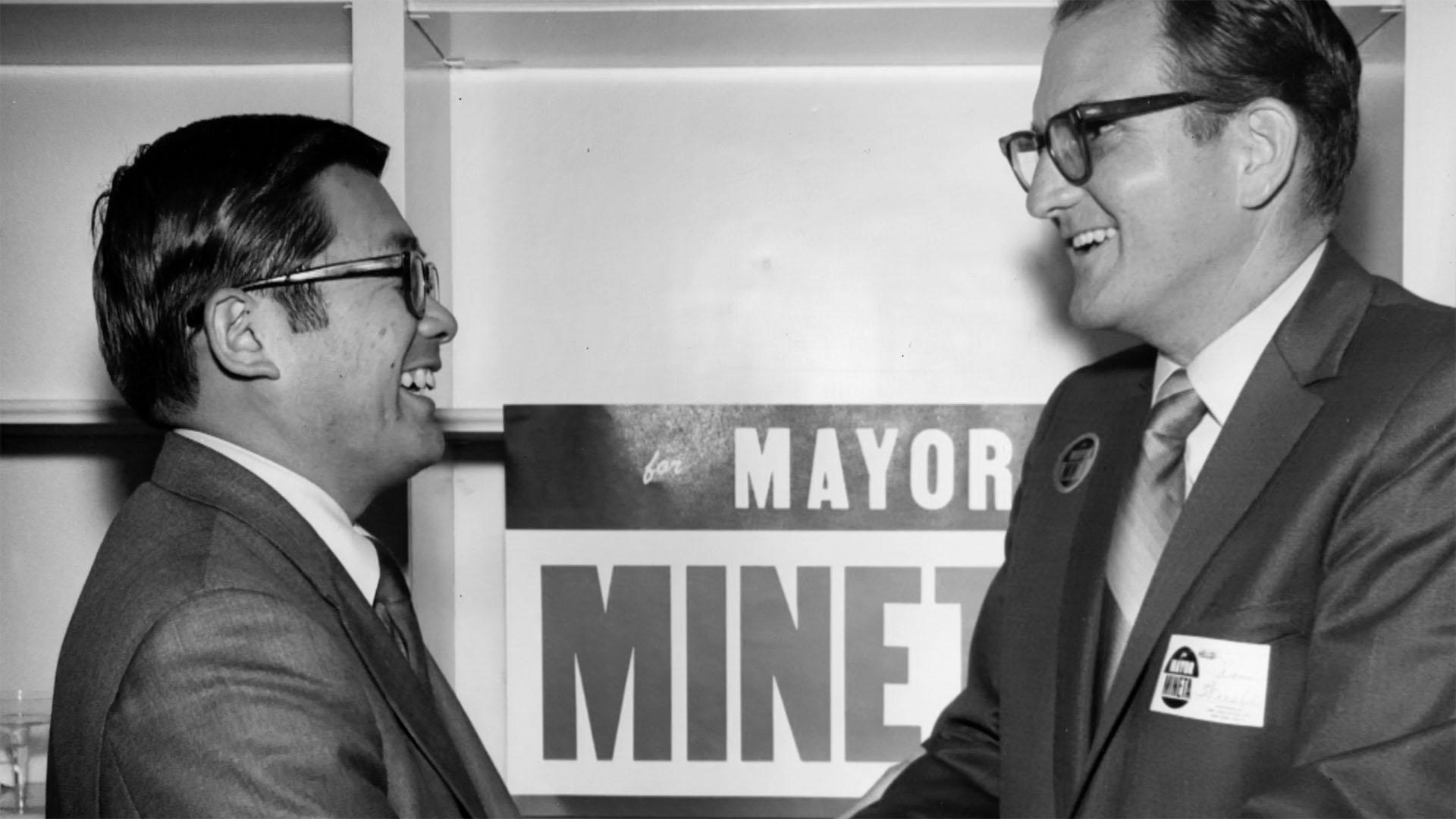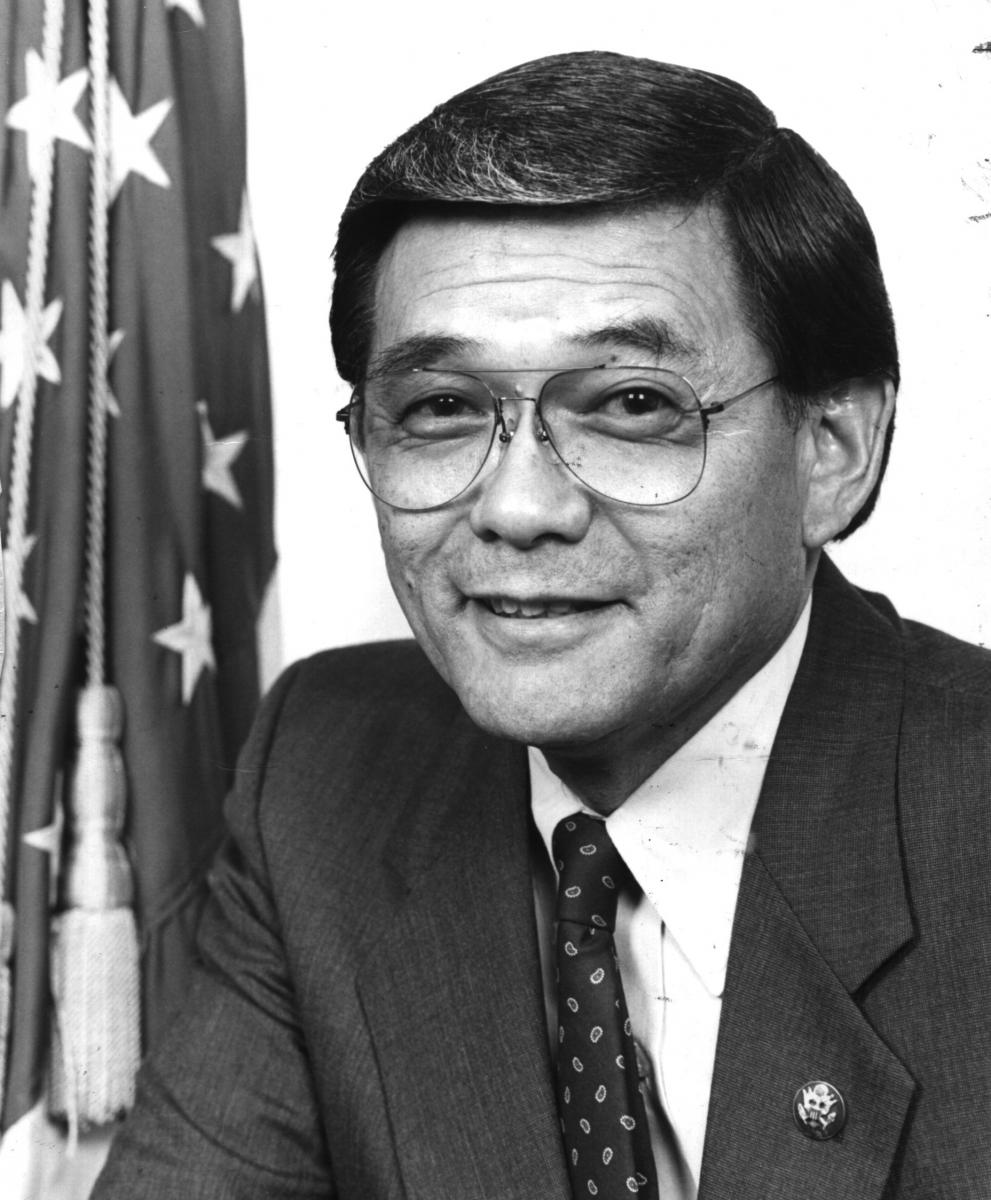Norman Y. Mineta's legacy is one of the most impactful and inspiring stories in American politics and public service. His contributions have shaped modern transportation policies and civil rights advancements in the United States. As we delve into his life and achievements, we uncover the remarkable journey of a man who broke barriers and set new standards for leadership and integrity in government.
Born in a time of racial discrimination and adversity, Norman Mineta rose to become a trailblazer in American politics. His career spanned several decades, during which he served in various high-ranking positions, including as the first Asian American to hold a Cabinet position in the U.S. government. Mineta's work in transportation and civil rights has left an indelible mark on the nation's history.
This article explores the life and legacy of Norman Y. Mineta, highlighting his contributions to transportation policy, civil rights, and public service. By understanding his journey, we gain insight into the values and principles that guided his leadership and shaped his enduring impact on American society.
Read also:Regina Halls Husband A Comprehensive Look Into Her Personal Life
Table of Contents
- Biography of Norman Y. Mineta
- Early Life and Education
- Political Career and Achievements
- Impact on Transportation Policy
- Civil Rights Advocacy
- Leadership and Governance
- Norman Mineta's Legacy
- Awards and Recognition
- Challenges Faced in His Career
- The Future of Mineta's Vision
Biography of Norman Y. Mineta
Personal Information
Norman Yoshio Mineta was born on November 12, 1931, in San Jose, California. He is a prominent figure in American politics and public service, known for his groundbreaking work in transportation and civil rights. Below is a summary of his personal information:
| Full Name | Norman Yoshio Mineta |
|---|---|
| Date of Birth | November 12, 1931 |
| Place of Birth | San Jose, California |
| Education | BA in Commerce from UC Berkeley |
| Political Affiliation | Democratic Party |
Early Life and Education
Norman Y. Mineta's early life was marked by challenges and resilience. During World War II, he and his family were interned at the Heart Mountain Relocation Center in Wyoming due to Executive Order 9066, which targeted Japanese Americans. Despite these hardships, Mineta excelled academically and went on to attend the University of California, Berkeley, where he earned a Bachelor of Arts degree in Commerce.
His experiences during the internment shaped his worldview and fueled his passion for civil rights and social justice. This early exposure to systemic discrimination would later influence his career as a public servant and advocate for equality.
Political Career and Achievements
Key Positions Held
Norman Mineta's political career began in 1971 when he was elected as the first Asian American mayor of a major U.S. city, San Jose, California. His tenure as mayor was marked by progressive policies and community engagement. Later, he served as a U.S. Representative from California, representing the 15th district from 1975 to 1995.
- 1971-1973: Mayor of San Jose, California
- 1975-1995: U.S. Representative for California's 15th district
- 2000-2001: Secretary of Commerce under President Bill Clinton
- 2001-2006: Secretary of Transportation under President George W. Bush
Mineta's appointment as Secretary of Transportation made him the first Asian American to serve in a Cabinet position under two different presidents, underscoring his bipartisan appeal and leadership qualities.
Impact on Transportation Policy
As Secretary of Transportation, Norman Mineta played a pivotal role in shaping modern transportation policies in the United States. His leadership was particularly significant in the aftermath of the September 11, 2001 attacks, when he spearheaded the creation of the Transportation Security Administration (TSA).
Read also:The Emotional Courage Of Nicole Kidman A Journey Through Resilience And Triumph
Mineta's focus on improving safety, efficiency, and accessibility in transportation systems has left a lasting legacy. Under his tenure, several key initiatives were launched, including:
- Enhancing airport security measures
- Advancing high-speed rail projects
- Promoting sustainable transportation solutions
According to the U.S. Department of Transportation, Mineta's efforts have contributed to a safer and more efficient transportation network across the country.
Civil Rights Advocacy
Norman Mineta's commitment to civil rights is evident throughout his career. He was instrumental in advocating for reparations for Japanese Americans who were interned during World War II, leading to the passage of the Civil Liberties Act of 1988. This landmark legislation provided compensation and a formal apology to those affected by the internment.
Mineta's advocacy extended beyond racial equality, as he worked tirelessly to promote inclusivity and diversity in all areas of public service. His leadership exemplified the values of fairness, justice, and respect for all individuals.
Leadership and Governance
Core Leadership Principles
Norman Mineta's leadership style was characterized by integrity, collaboration, and a commitment to public service. He believed in building consensus and working across party lines to achieve common goals. Some of his core leadership principles include:
- Listening to diverse perspectives
- Fostering collaboration and teamwork
- Emphasizing accountability and transparency
These principles guided his decision-making and earned him respect from colleagues and constituents alike. Mineta's ability to bridge divides and find common ground made him a respected leader in both Democratic and Republican administrations.
Norman Mineta's Legacy
The legacy of Norman Y. Mineta is one of groundbreaking achievements and enduring impact. His contributions to transportation policy, civil rights, and public service have left an indelible mark on American society. Institutions such as the Norman Y. Mineta Transportation Institute at San Jose State University continue to honor his legacy by advancing research and education in transportation and public policy.
Mineta's work serves as an inspiration to future generations of leaders, reminding us of the power of perseverance, integrity, and dedication to public service.
Awards and Recognition
Throughout his career, Norman Mineta has received numerous awards and honors for his contributions to public service and civil rights. Some of the most notable recognitions include:
- Presidential Medal of Freedom (2006)
- Congressional Gold Medal (2011)
- Induction into the Department of Transportation Hall of Honor
These accolades reflect the widespread appreciation and respect for Mineta's leadership and achievements.
Challenges Faced in His Career
Norman Mineta's career was not without its challenges. From overcoming racial discrimination early in his life to navigating the complexities of bipartisan politics, Mineta faced numerous obstacles throughout his journey. His ability to persevere and succeed in the face of adversity is a testament to his resilience and determination.
One of the most significant challenges Mineta faced was balancing competing interests in transportation policy. His efforts to improve safety and efficiency often required difficult decisions that impacted various stakeholders. Despite these challenges, Mineta remained committed to serving the public good and advancing the nation's interests.
The Future of Mineta's Vision
Norman Mineta's vision for a safer, more inclusive, and sustainable future continues to inspire policymakers and leaders today. As we address emerging challenges in transportation, civil rights, and public service, Mineta's principles of integrity, collaboration, and accountability remain relevant and essential.
By continuing to build on Mineta's legacy, we can create a society that reflects the values he championed throughout his life. His story serves as a powerful reminder of the impact one person can have on shaping the future.
Conclusion
In conclusion, Norman Y. Mineta's legacy is a testament to the power of perseverance, integrity, and dedication to public service. His contributions to transportation policy, civil rights, and governance have left an enduring impact on American society. By understanding his journey and achievements, we gain valuable insights into the values and principles that guided his leadership.
We invite you to share your thoughts and reflections on Norman Mineta's legacy in the comments below. Additionally, consider exploring other articles on our site to learn more about influential figures and their contributions to history. Together, we can continue to honor and build upon the vision of leaders like Norman Y. Mineta.


